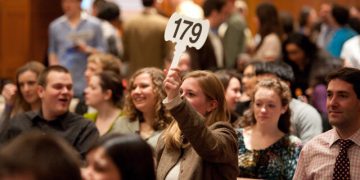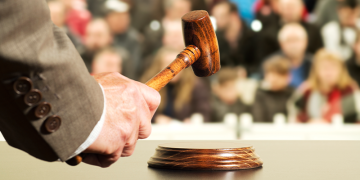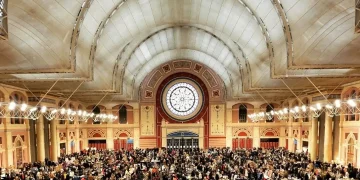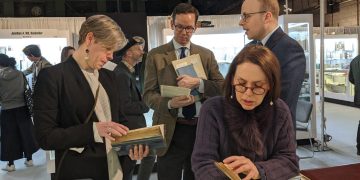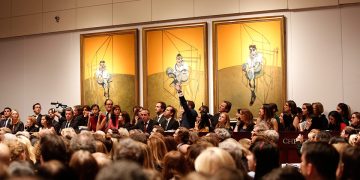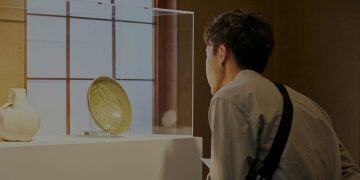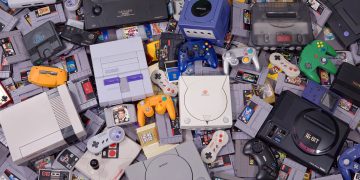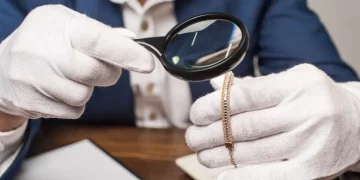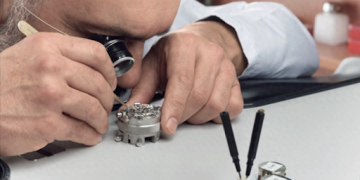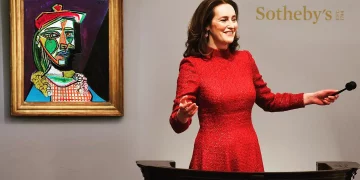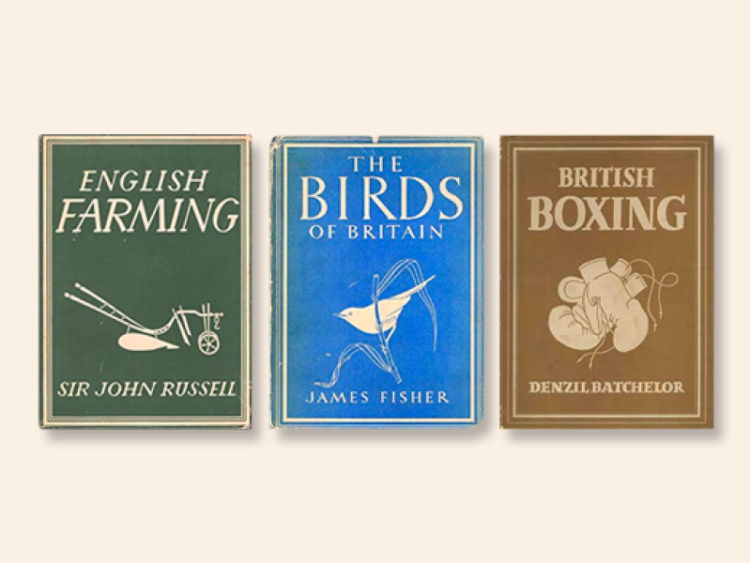Introduction to Collecting: The Journey of a Collector
Collecting is more than just an activity; it is a passion, a hobby, and in many cases, a lifestyle. Whether you’re drawn to rare coins, vintage toys, stamps, or modern art, collecting is a way to preserve history, appreciate craftsmanship, and express personal interests. For those just starting their collecting journey, the landscape may appear overwhelming, with so many different types of collections to choose from and a sea of information and tools available. This guide is designed to help aspiring collectors navigate this exciting world by providing essential resources, tips, and tools to get started on the right foot.
The First Step: Understanding Your Passion
Before diving into the specifics of collecting, it’s essential to take a step back and consider why you want to collect in the first place. Are you fascinated by history and want to preserve relics from the past? Do you love the idea of owning rare, unique items that hold both monetary and sentimental value? Or perhaps you enjoy the thrill of the hunt, finding pieces that are hard to come by?
Understanding your motivations will help guide your choices as you build your collection. Start by researching different types of collectibles—whether it’s fine art, vintage comics, classic cars, or memorabilia. Read articles, visit museums, or speak with established collectors to gain insight into what interests you the most.
Building a Knowledge Base: Books, Articles, and Guides
When you’re new to collecting, knowledge is your best tool. Fortunately, there are many resources available that can help you build your knowledge base and ensure you make informed decisions as you start your collection.
- Books
Books are an invaluable resource for learning about the specifics of a particular collecting field. There are books dedicated to just about every type of collectible, whether it’s a comprehensive guide to rare coins or an in-depth look at 20th-century art movements. These books often contain expert insights, practical advice on how to identify genuine pieces, and tips on how to care for your collection. - Online Articles and Blogs
The internet has made it easier than ever to access up-to-date information on collectibles. Numerous blogs and articles written by experienced collectors and experts offer valuable advice, such as which collectibles are in demand, how to evaluate their worth, and how to avoid common pitfalls. Many of these sources offer free access to a wealth of knowledge, making them excellent starting points for anyone new to the world of collecting. - Collector’s Guides
Many industry associations, such as the American Numismatic Association (ANA) for coin collectors or the Professional Sports Authenticator (PSA) for sports memorabilia, publish collector’s guides. These guides provide an essential overview of your chosen field, offering tips for beginners and listing industry-standard resources for evaluating the authenticity and value of items. They also often include a list of trusted dealers, auction houses, and online platforms where you can find collectibles.
Building Your Collection: Tools and Resources
Once you’ve decided what to collect and have educated yourself about the field, it’s time to start building your collection. This process will require both time and effort, but having the right tools and resources at your disposal will make it much more manageable.
- Online Marketplaces and Auctions
Online platforms such as eBay, Heritage Auctions, and Bonhams offer a vast marketplace where collectors can purchase and sell items. These platforms provide detailed listings, including descriptions, images, and auction history, which can help you assess the value of potential purchases. Many sites also feature specific categories for various types of collectibles, making it easy for newcomers to navigate. - Local Dealers and Antique Shops
While online platforms are convenient, there’s something special about the tactile experience of visiting local dealers and antique shops. These shops often have unique items that aren’t readily available online and offer the opportunity to ask questions, gain advice, and build relationships with sellers. Many experienced dealers are more than happy to help beginners by offering guidance on what to look for in terms of authenticity, quality, and rarity. - Conventions and Collector’s Fairs
Collector conventions and fairs are excellent places for aspiring collectors to connect with like-minded individuals and discover unique items. These events often feature specialized dealers, industry experts, and other collectors, providing opportunities to learn, network, and buy collectibles. They also offer the chance to see rare pieces in person and gauge their authenticity, condition, and value. - Identification Tools
Depending on what you’re collecting, you’ll need specific tools for identifying, grading, and authenticating items. For example, coin collectors often use magnifying glasses or specialized lighting to inspect the fine details of a coin’s design and condition. Art collectors might invest in UV light devices to check for signs of forgery. Similarly, vintage toy collectors rely on catalogues and expert guides to verify the authenticity of a toy and its condition.

Managing Your Collection: Storage, Insurance, and Maintenance
As your collection grows, you’ll need to manage and maintain it carefully to ensure that its value is preserved. This involves taking steps to store, insure, and care for your items properly.
- Storage Solutions
Proper storage is essential to keeping your collection in good condition. Many collectibles require specific storage conditions to prevent damage. For example, coins should be stored in protective holders, while artwork should be kept in temperature-controlled spaces to avoid warping or fading. Collectors often use acid-free materials, such as archival-quality folders and boxes, to protect their items from environmental damage. - Insurance
If you’re investing significant amounts of money in your collection, it’s important to insure it. Many insurance companies offer specialized policies for collectibles, covering damage, theft, or loss. Be sure to work with a knowledgeable insurance agent who understands the value of your collection and can help you secure the right coverage. - Regular Maintenance
Depending on the nature of your collection, regular maintenance may be required to keep it in top shape. For example, antique furniture might need polishing, while vintage comics should be stored in protective plastic sleeves to prevent deterioration. Regularly cleaning and inspecting your items will help preserve their value over time.
Connecting with Other Collectors: Forums, Groups, and Social Media
One of the most rewarding aspects of collecting is the opportunity to connect with others who share your interests. Joining forums, groups, and social media platforms can help you expand your knowledge, exchange tips, and even buy and sell items.
- Online Forums
There are many online communities dedicated to specific types of collecting. Websites like Reddit, for instance, host numerous subreddits for coin collecting, comic books, sports memorabilia, and other niche collectibles. These forums allow collectors to share their experiences, ask questions, and offer advice to one another. - Social Media
Platforms like Instagram, Facebook, and Twitter are great places to follow fellow collectors and get updates on the latest trends and events in the collecting world. Many collectors use Instagram to showcase their collections, providing inspiration and insight into how they display and care for their items. - Collector Groups and Clubs
For those who prefer in-person interactions, joining a collector’s club or group is a fantastic way to meet others with similar interests. These groups often host regular meetings, events, and social gatherings where collectors can share their experiences, learn from each other, and even trade or sell items.
Avoiding Common Mistakes: Tips for New Collectors
Starting a collection can be overwhelming, especially for beginners. To help avoid some of the common pitfalls, here are a few tips:
- Don’t Buy the First Thing You See
It’s easy to get caught up in the excitement of finding a collectible item, but it’s important to take your time. Always do your research before making a purchase to ensure that you are getting a good deal and that the item is genuine. - Be Wary of Fakes and Forged Items
Unfortunately, the collecting world is rife with counterfeit and fake items. Learning how to spot the signs of a forgery is essential, whether you’re collecting art, antiques, or sports memorabilia. Always buy from reputable sources and, if necessary, have your items authenticated by experts. - Don’t Overpay
It can be tempting to pay a premium for an item that seems rare or valuable, but it’s essential to know the true value of the collectible before making a purchase. Research prices and avoid getting swept up in bidding wars that could cause you to overpay.
Conclusion: The Thrill of Collecting
Collecting is a rewarding hobby that can bring joy, excitement, and a sense of accomplishment. By arming yourself with the right resources, tools, and knowledge, you can build a meaningful collection that reflects your personal interests and passions. Whether you’re collecting for investment, preservation, or simply the love of the hunt, the world of collecting offers endless opportunities for discovery and enjoyment.


